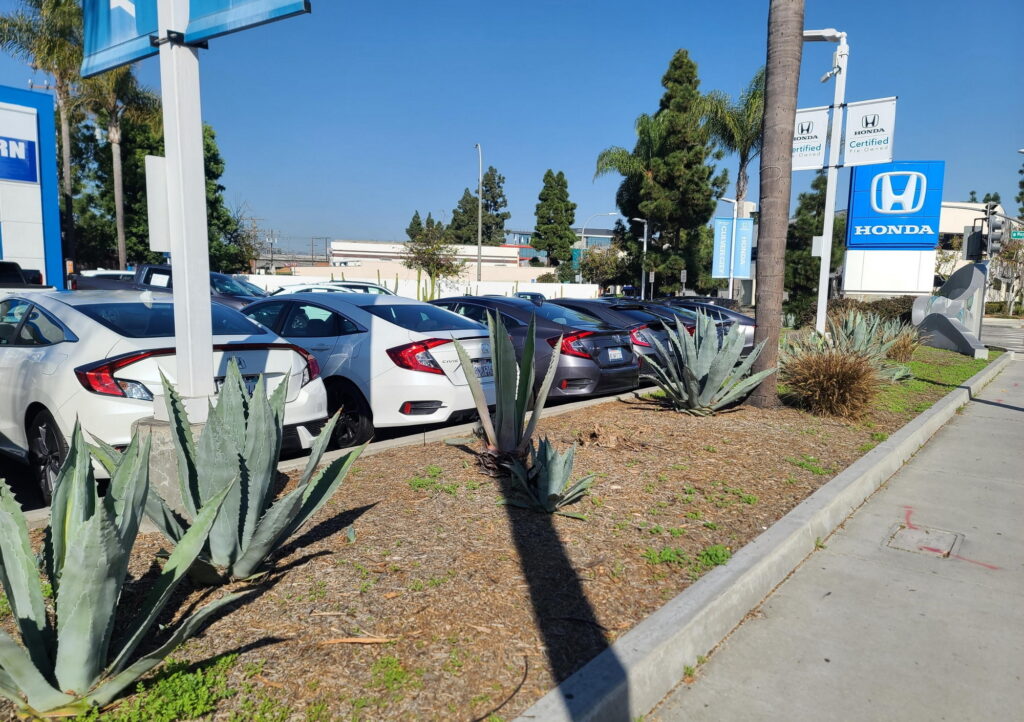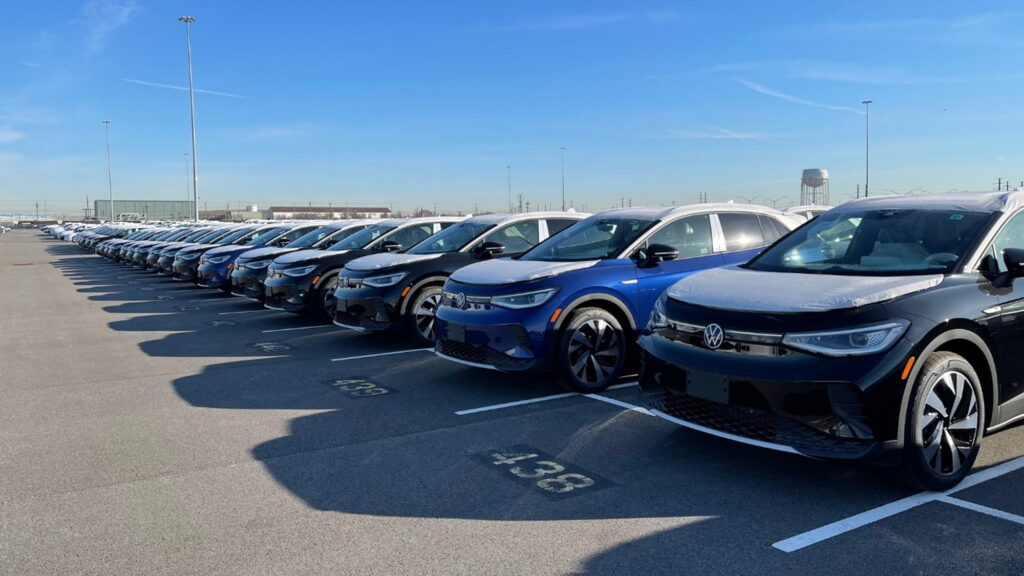Supply chain issues, growing demand, and wider inventory troubles have led to a situation in which dealers simply cannot stock enough electric vehicles. This is becoming one of the largest barriers for EVs to gain a larger chunk of the market, at least for American consumers.
A new study from the Sierra Club shows that 66 percent of U.S. car dealerships don’t have any electric vehicles in stock. Of those, 44 percent said they would offer one if only they could get them from the manufacturer.
Reasons for EV availability issues vary, but most indicated that it has been difficult to get vehicles. One representative for Campbell Nissan in Washington said that it had sold 1,700 Leafs over the last 10 years, but that at the time the survey was taken, they couldn’t get any vehicles to sell, suggesting that we are experiencing an unusual EV drought.
Read: Americans Are Trading In Their Toyotas For Used Teslas And Other EVs, CarMax Says

Demand outpacing supply appears to be one of the biggest factors for this. For example, the problem of availability is more acute in the Western U.S., where EVs are more popular than in the Southeast.
Whereas states like California, Oregon, and Washington (among others) accounted for 45 percent of EV sales nationwide, 73 percent of its dealers had none to sell. Meanwhile, Southern states accounted for just 17 percent of EV sales in 2022, and its dealers were the likeliest in the nation to have EVs in stock.
Narrowing in on California, whose size and robust EV incentives mean that its consumers accounted for a third of all sales in the U.S., just 19 percent of dealers had an EV available for sale.
However, the problem isn’t limited to just California. Although Americans bought 949,000 EVs in 2022, 1.9 million have put down reservations or pre-orders for electric vehicles that were recently announced, further suggesting that consumers want EVs, they just can’t get them.
While making more electric vehicles is easier said than done, it appears that there is demand for them currently not being met by automakers.





